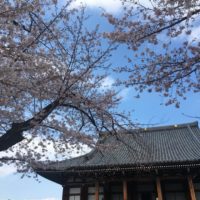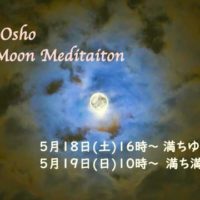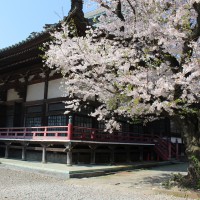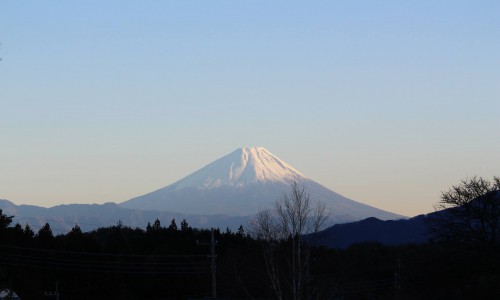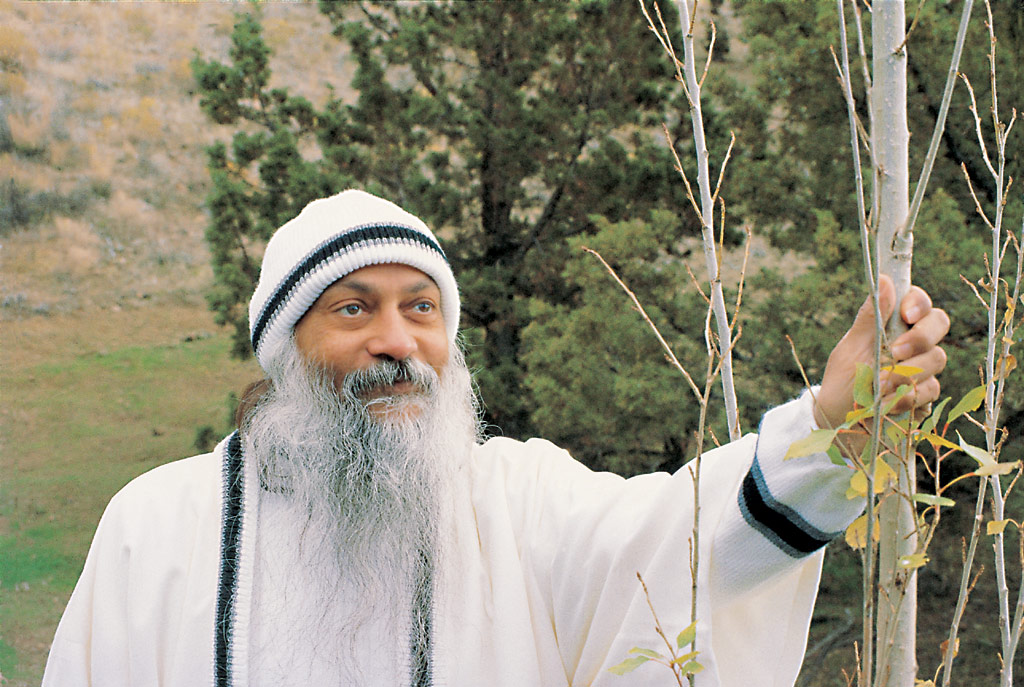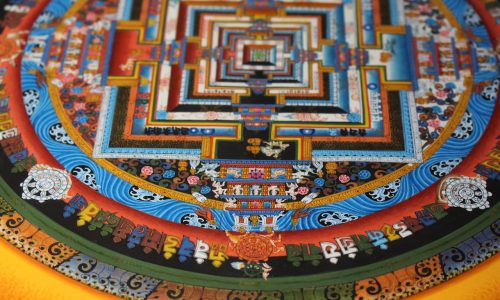Ignorance has no beginning, but it ends.
Enlightenment has a beginning, but it never ends.
And both of these become one; they both are one.
The beginning of enlightenment and the end of ignorance is a single point.
It is one point, a dangerous point with two faces:
one face looking toward beginningless ignorance
and the other face looking at the beginning of endless enlightenment.
無知(無明)には始まりはないが、終りがある。
光明には始まりがあるが、決して終わりがない。
そしてこのふたつの両端がひとつになる。
実際これら両方はひとつだ。
光明の始まりと無知(無明)の終わりが一点でひとつになる。
その一点は2つの顔を持った危険な点だ。
一方の顔は始まりなき無知(無明)の方を向いていて、
もう一方の顔は終わりなき光明の始まりの方を向いている。
So you reach enlightenment, but yet you never reach it.
You come to it, you drop into it, you become one with it,
but still a vast unknown remains.
And that is the beauty of it; that is the mystery of it.
だからあなたは光明に辿り着くが、
決して光明に辿り着けない。
あなたが光明にやってきて、
その中に落ちていき、それとひとつになる。
しかしそれでもなお未知は広がったままであり、
それが光明の美しさであり、それが光明の神秘だ。
If everything was known in enlightenment,
there would be no mystery.
If everything became known,
the whole thing would become ugly;
then there would be no mystery,
everything would be dead.
So enlightenment is not “knowing” in this sense;
it is not knowing as a suicide,
it is knowing in the sense that it is an opening into greater mysteries.
“Knowing” then means that you have known the mystery,
you have become aware of the mystery.
It is not that you have solved it:
it is not that there is a mathematical formula and now everything is known.
Rather, the knowing of enlightenment means that
you have come to a point where the mystery has become ultimate.
もしあなたが光明においてあらゆる事を知るのであれば、
そこには何の未知なるものがない。
すべてが醜くなるだろう。未知なるものがないとき、
あらゆる事柄が死んでしまう。
だから光明とはこの意味において「知る」ということではない。
それは自死としての知ることではない。
それはさらなる神秘へと開いていくという意味としての知ることである。
「知る」ということの意味するところはあなたは神秘を知り、
神秘に気づき始めたということである。
それはあなたが神秘を解決したということではない。
それは数学の公式のように、すべての事が解かれるということではない。
むしろ光明において知るということの意味は
、
神秘が極限までになった地点にあなたがやってくるという事である。


